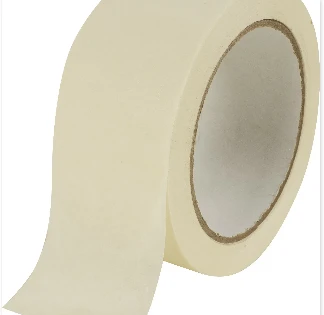Exploring Various Flooring Solutions for Commercial Kitchen Settings and Their Benefits
Exploring Commercial Kitchen Flooring Options
When it comes to designing and maintaining a commercial kitchen, one of the most critical aspects to consider is the flooring. The kitchen floor not only needs to withstand heavy foot traffic and the movement of equipment but also must meet health and safety standards for cleanliness and durability. This article will explore various flooring options available for commercial kitchens, weighing their pros and cons to help you make an informed decision.
1. Vinyl Flooring
Vinyl flooring is a popular choice for many commercial kitchens due to its affordability and versatility. It comes in vinyl sheets, tiles, or planks, and is available in a wide variety of colors and patterns. One of the significant benefits of vinyl flooring is its resistance to water and stains, making it easy to clean. Additionally, vinyl floors are softer than other materials, which can minimize stress on workers' feet during long hours.
However, while vinyl can be durable, it may not withstand extremely high temperatures as well as some other flooring materials. Heavy equipment can potentially dent or gouge the surface, so this option may not suit every kitchen environment.
2. Epoxy Flooring
Epoxy flooring is another excellent option for commercial kitchens, providing a seamless surface that prevents the growth of bacteria and mold. This type of flooring is made from a mixture of resins and hardeners, which creates a tough, chemically resistant surface. It can handle hot spills and is easy to clean, making it ideal for environments with stringent health standards.
One of the downsides of epoxy flooring is that it requires a professional installation, which can raise initial costs. Furthermore, while it is highly durable, it can become slippery when wet; thus, anti-slip additives may need to be included in the mixture.
3. Tile Flooring
Ceramic and porcelain tiles are traditional choices for commercial kitchens. They are durable, water-resistant, and come in a range of designs. Tile floors can handle heavy equipment and resist stains well. Additionally, their hard surface is easy to clean and maintain, which is vital in a kitchen setting.
commercial kitchen flooring options

The downside of tile flooring is that it can be cold underfoot and may require more effort to stand on for long periods. Grout lines between tiles can also be difficult to keep clean, as they can trap food particles and grime if not regularly maintained.
4. Concrete Flooring
Concrete flooring has gained popularity for commercial kitchens due to its strength and longevity. It can be polished to create a smooth, easy-to-clean surface, and it is capable of withstanding heavy equipment and high foot traffic. Concrete can also be sealed to improve its resistance to stains and moisture.
However, concrete can be hard and cold, which may be uncomfortable for kitchen staff. Additionally, it may require regular sealing and maintenance to remain in good condition, particularly in a high-use environment.
5. Rubber Flooring
Rubber flooring is an increasingly common choice in commercial kitchens. It offers excellent slip resistance and cushioning, reducing fatigue for staff who spend long hours on their feet. Rubber is also available in various colors and designs and is relatively easy to clean.
Despite these benefits, rubber flooring can be more expensive than some other options. Additionally, it may not withstand high temperatures as well as tile or epoxy, making it less suitable for certain kitchen areas where hot spills are common.
Conclusion
Selecting the right flooring for a commercial kitchen is crucial to ensuring a safe and efficient work environment. Each flooring option comes with its own set of advantages and disadvantages, and the best choice will depend on factors such as budget, kitchen layout, and specific operational needs. By considering the unique requirements of your commercial kitchen, you can find a flooring solution that promotes durability, safety, and cleanliness, ultimately contributing to the success of your culinary establishment. Whether you prioritize cost-effectiveness, ease of maintenance, or slip resistance, evaluating each option will help you make the best decision for your kitchen space.
-
modern-interior-solutions-with-durable-pvc-material-skirtingAug.22,2025
-
elevating-outdoor-spaces-with-premium-wood-material-skirtingAug.22,2025
-
Waterproof Advantages of SPC Flooring Vinyl in KitchensAug.06,2025
-
SPC Hybrid Waterproof Flooring Thickness GuideAug.06,2025
-
Leveling Subfloor Before My Floor SPC InstallAug.06,2025
-
How Mesh Deck Skirting Improves Outdoor Pest ControlAug.06,2025




